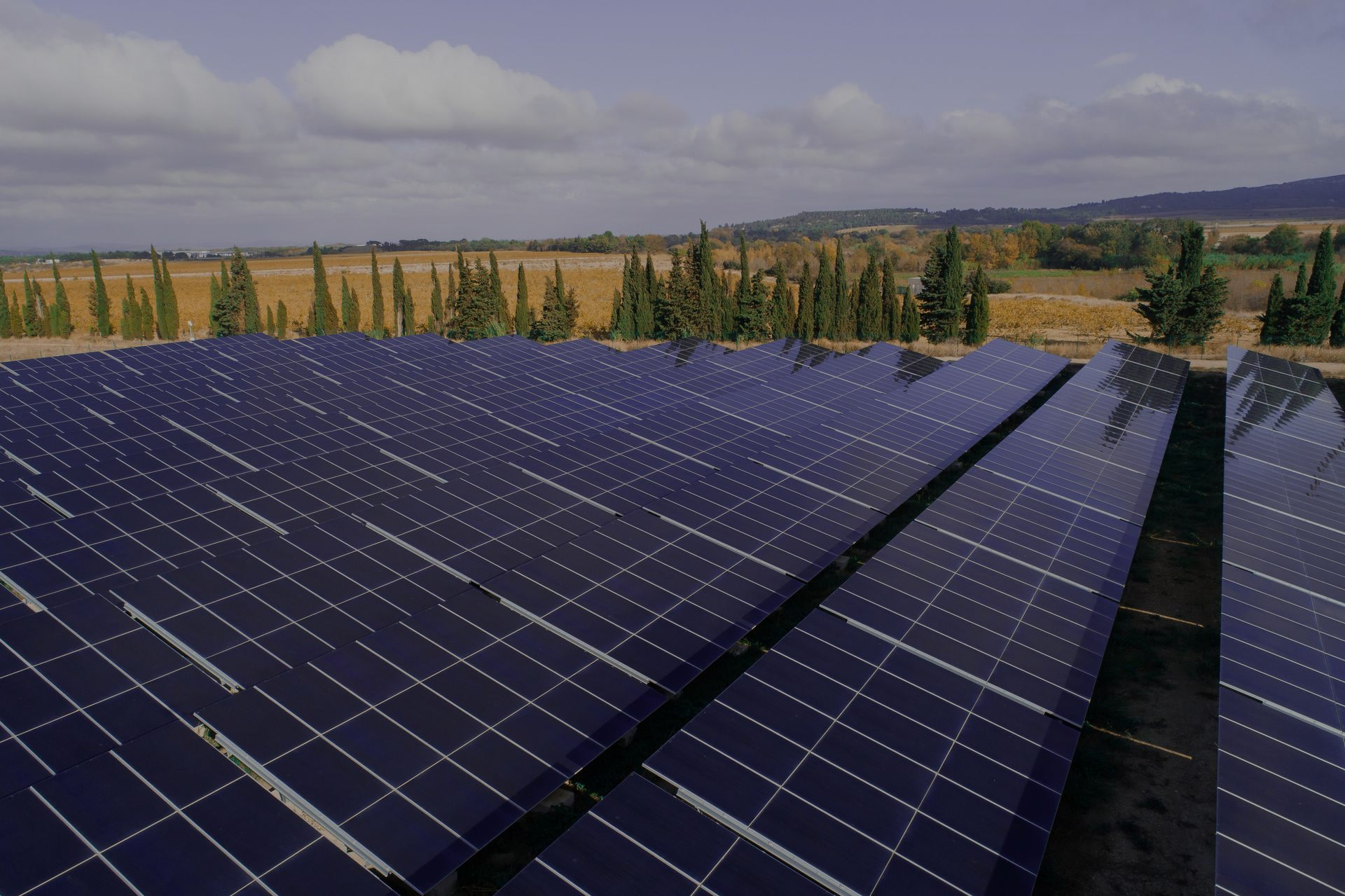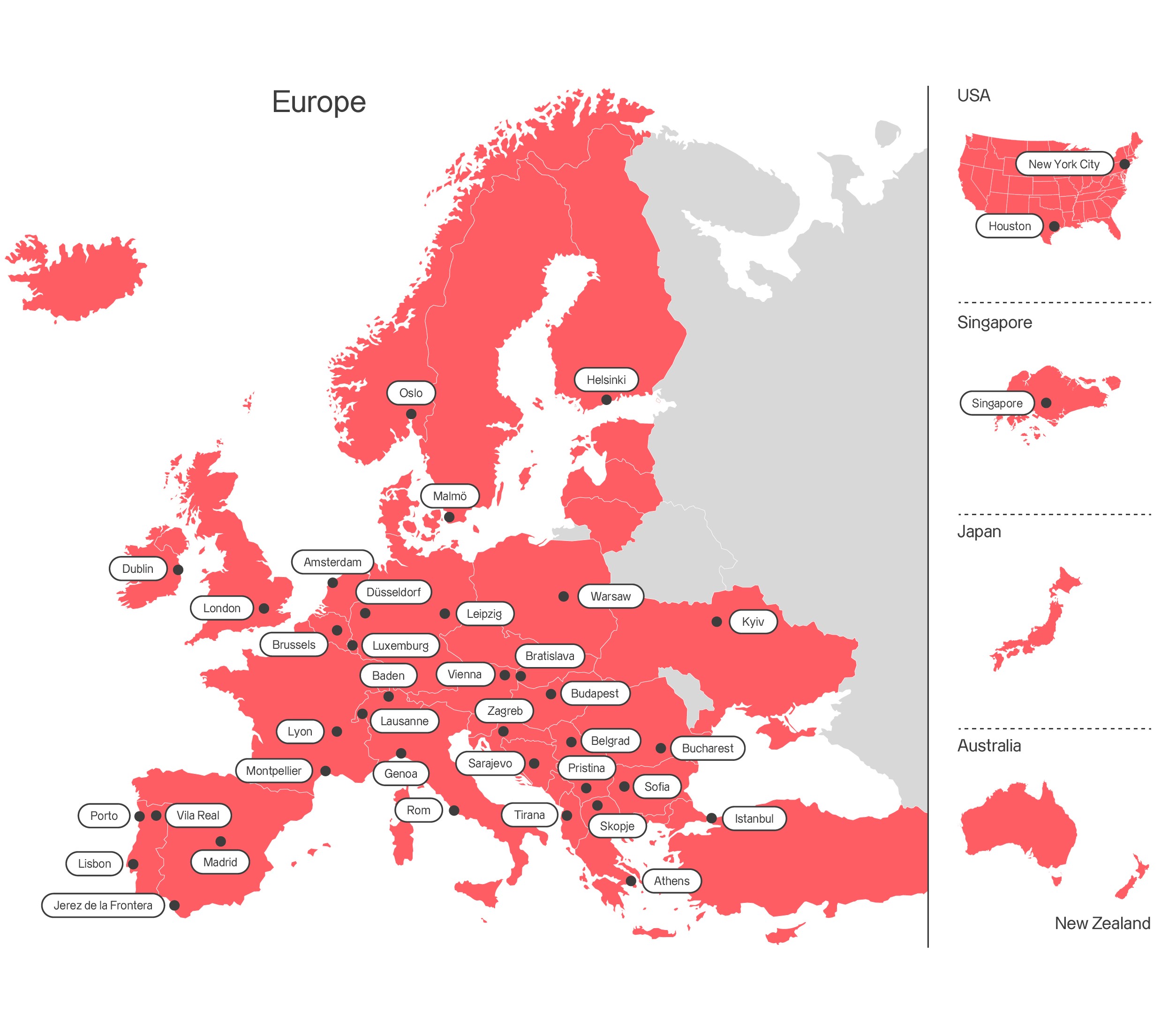

Axpo in Benelux Shaping a climate-friendly future
About Us
Axpo Benelux S.A. is driving forward origination activities of Axpo in electricity and natural gas in this geographical area. It offers local and pan-European customers services in portfolio management, structured products and global emissions/green energy, enabling them to benefit from the comprehensive pan-European trading portfolio of Axpo. At the same time, Axpo Benelux S.A. fosters partnerships with other traders, producers and counterparties in the wholesale market in order to improve market liquidity and expand the product portfolio of Axpo. The team of Domenico Franceschino (Managing Director) would be glad to hear from you.
Powering the future with global expertise and innovation
Employees
Years of experience
Countries
Energy Solutions
Axpo is driven by a single purpose – to enable a sustainable future by providing innovative energy solutions. Axpo is Switzerland's largest power producer and an international leader in energy trading and the marketing of solar and wind power. Axpo combines the experience and expertise of more than 7,000 employees who are driven by a passion for innovation, collaboration and impactful change. Using cutting-edge technologies, Axpo innovates to meet the evolving needs of its customers in over 30 countries across Europe, North America and Asia.
Jobs & Careers
-
Diverse career opportunities
Axpo offers more than 150 different employment profiles, providing a wide range of career paths for professionals, students, graduates, and apprentices.
-
Commitment to sustainability
Axpo employees contribute to building a sustainable future through innovative and climate-friendly energy solutions.
-
Focus on innovation
Axpo prioritises the rapid testing and validation of innovative projects, fostering a culture of progress and collaboration in the global energy sector.




